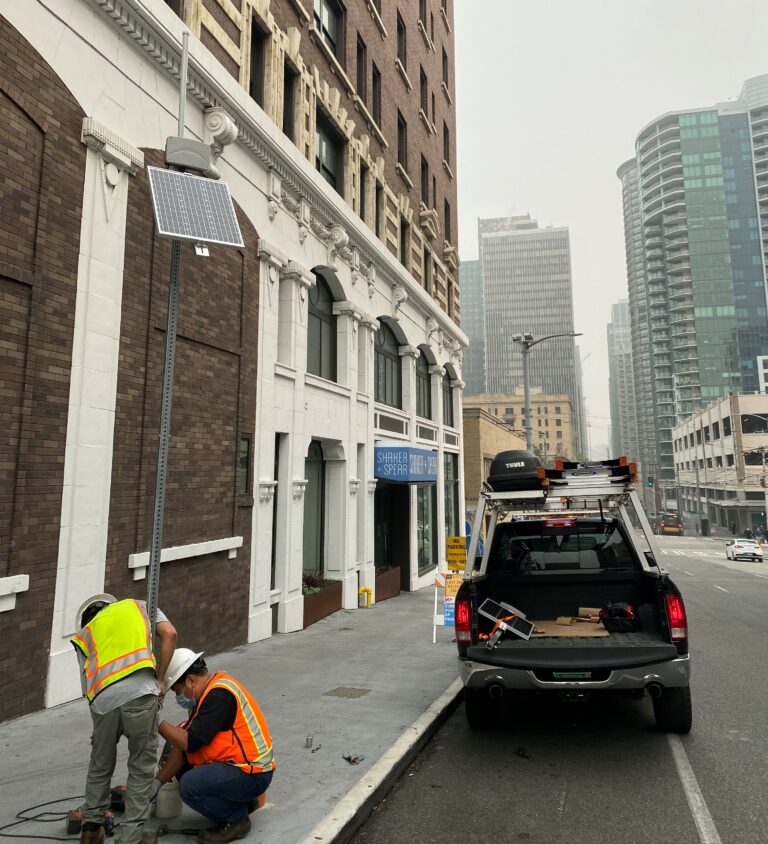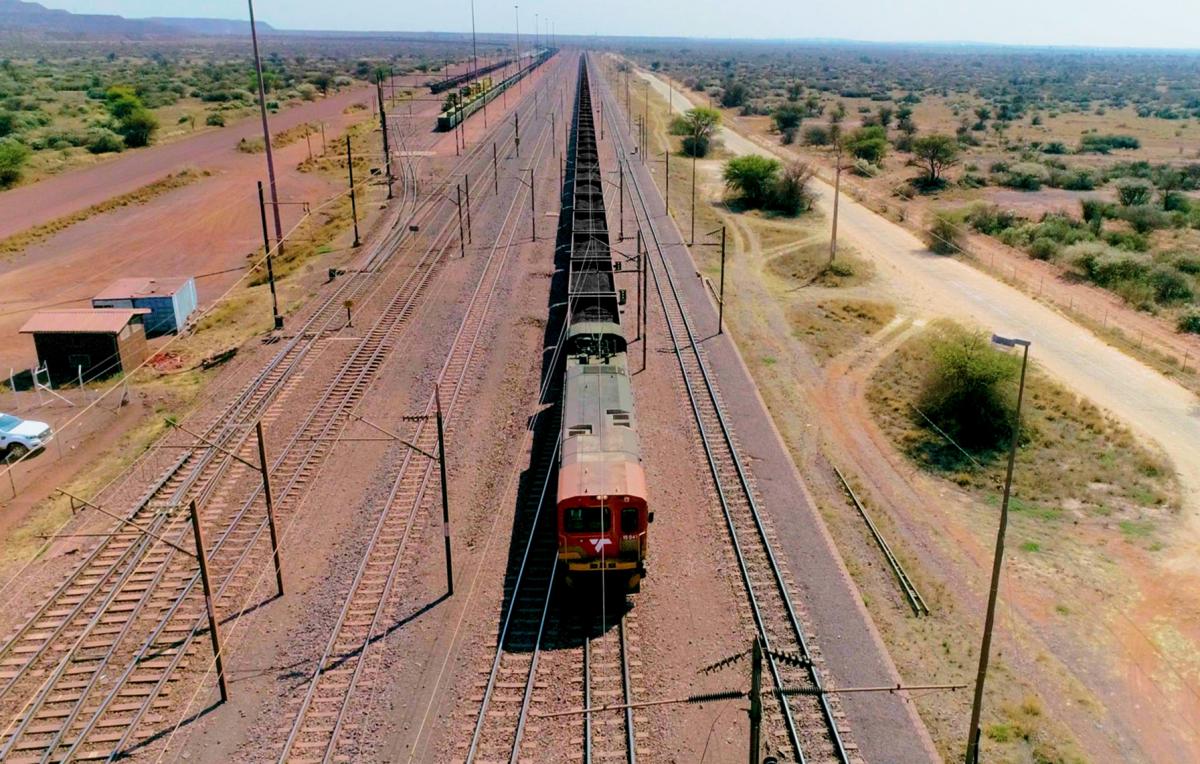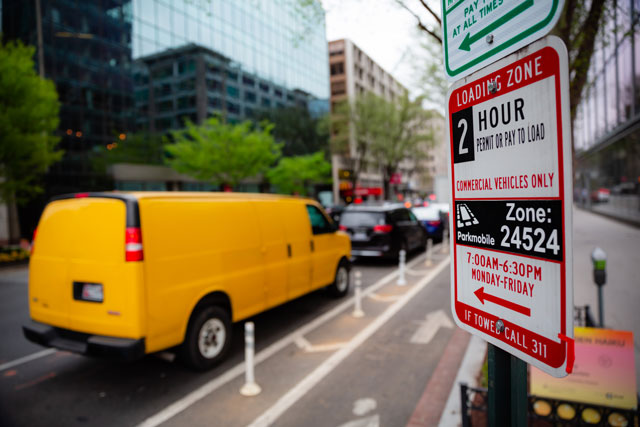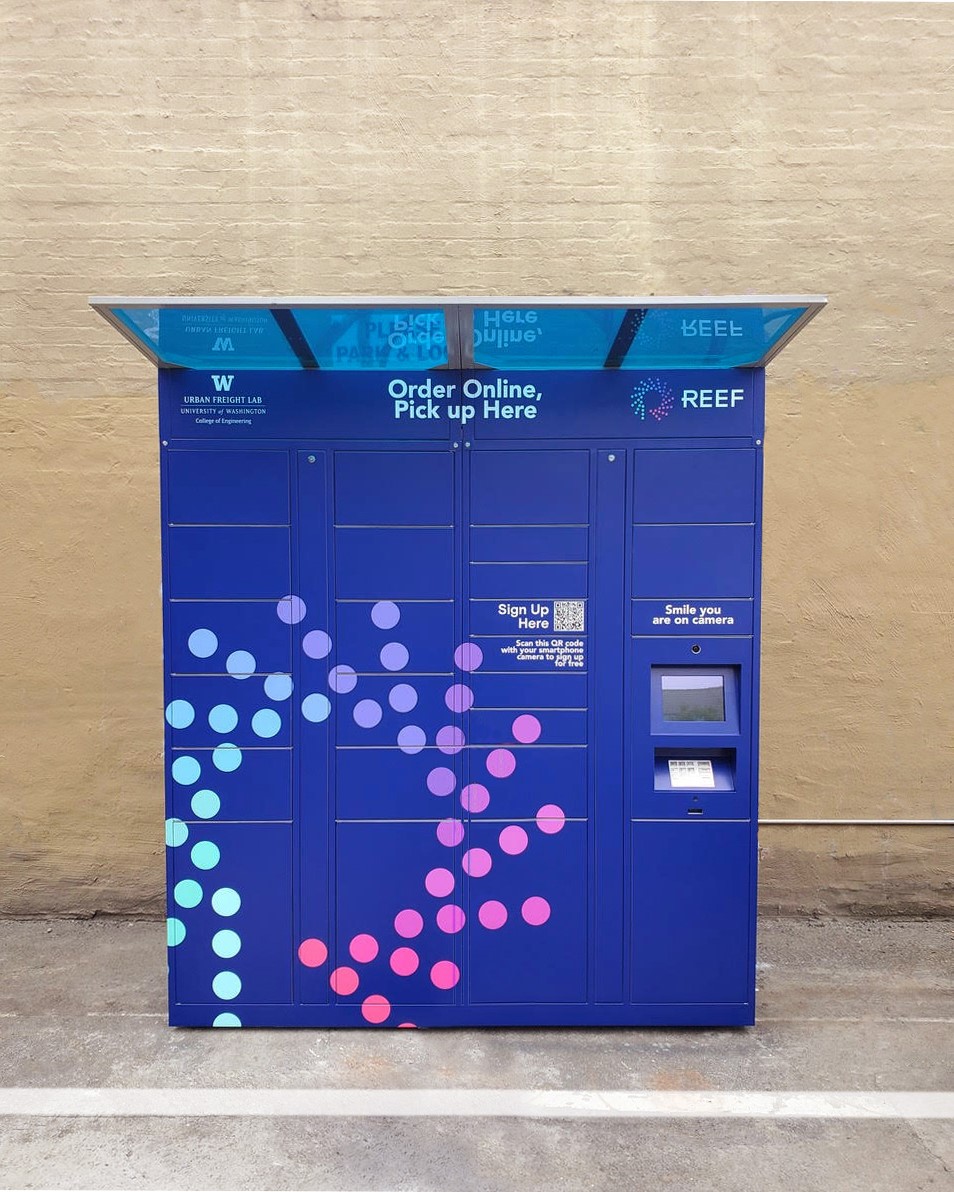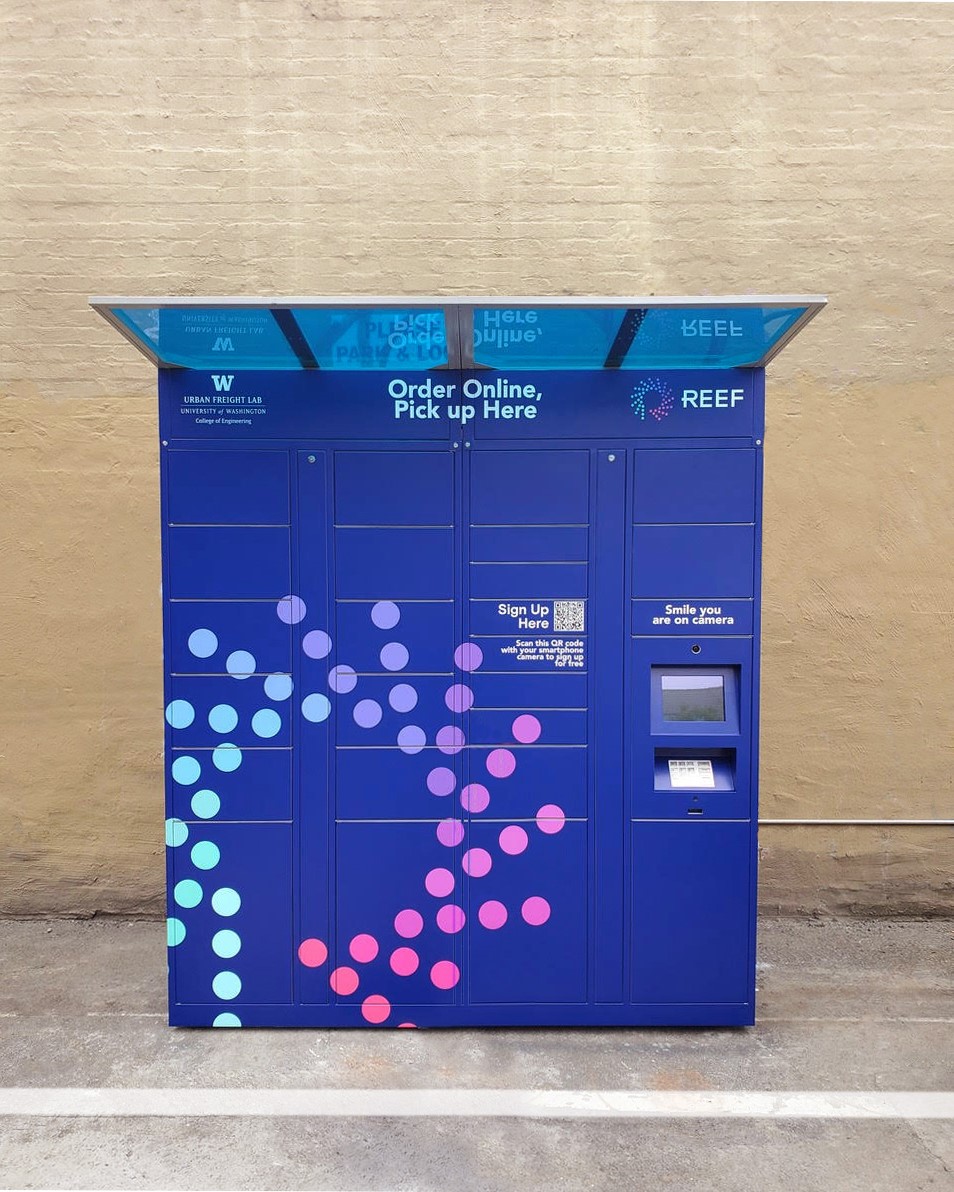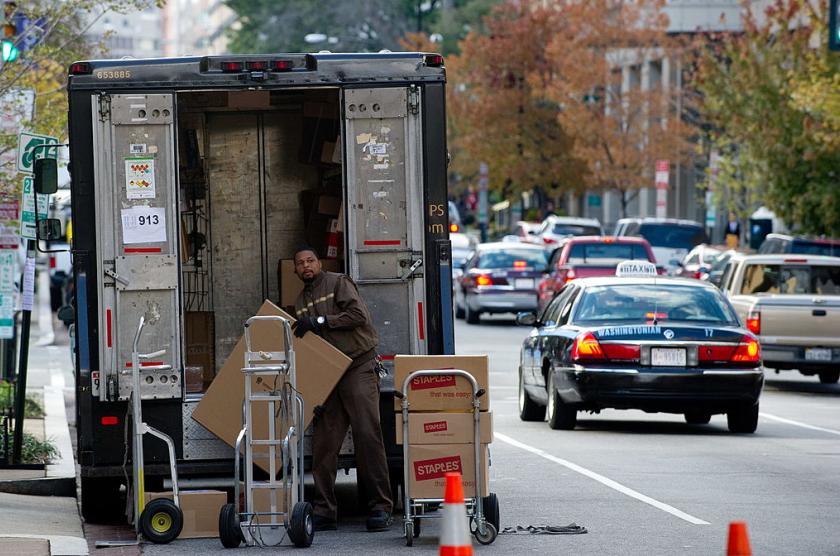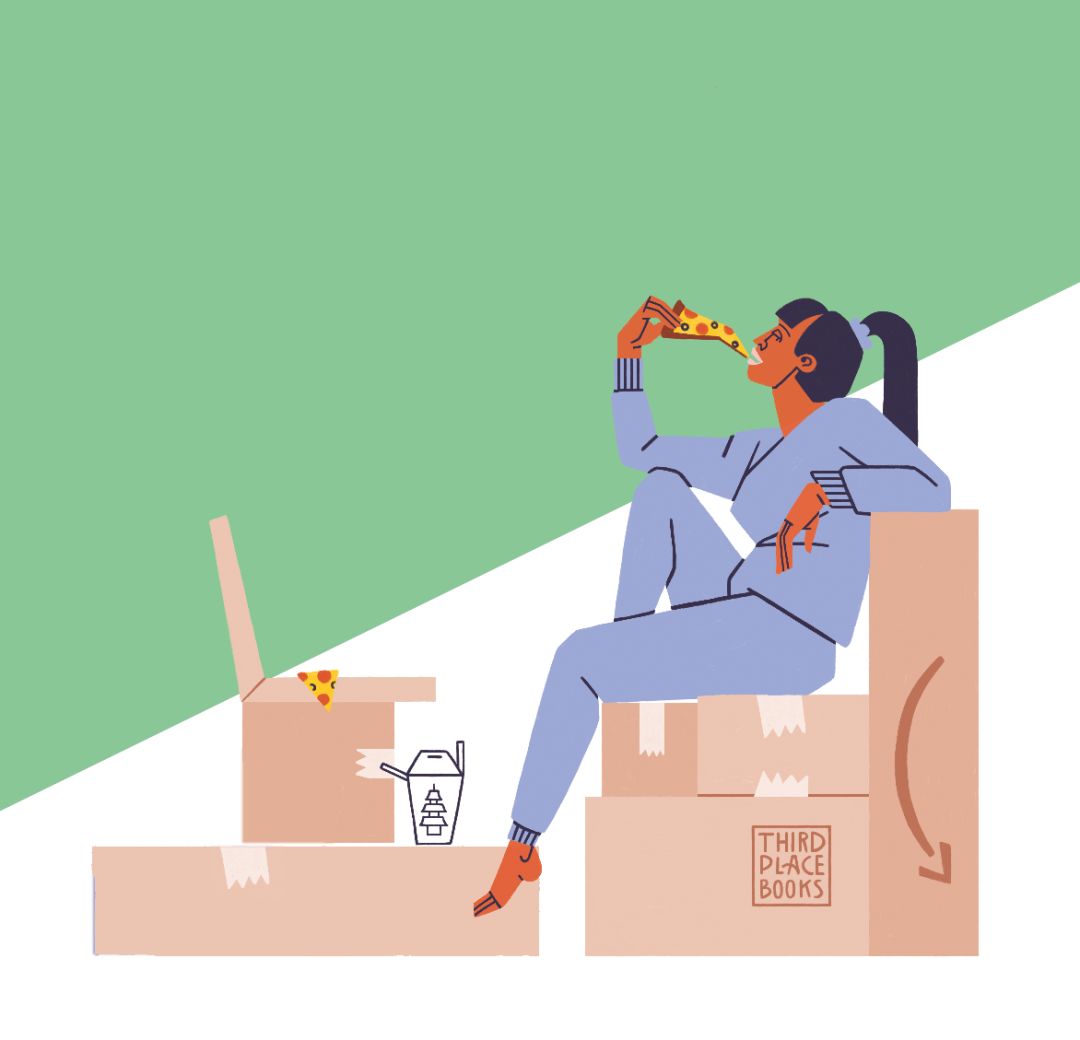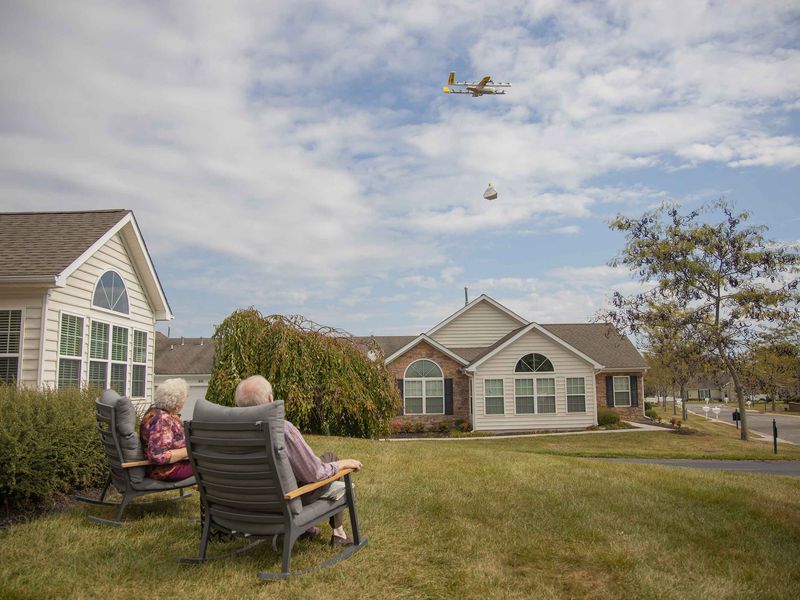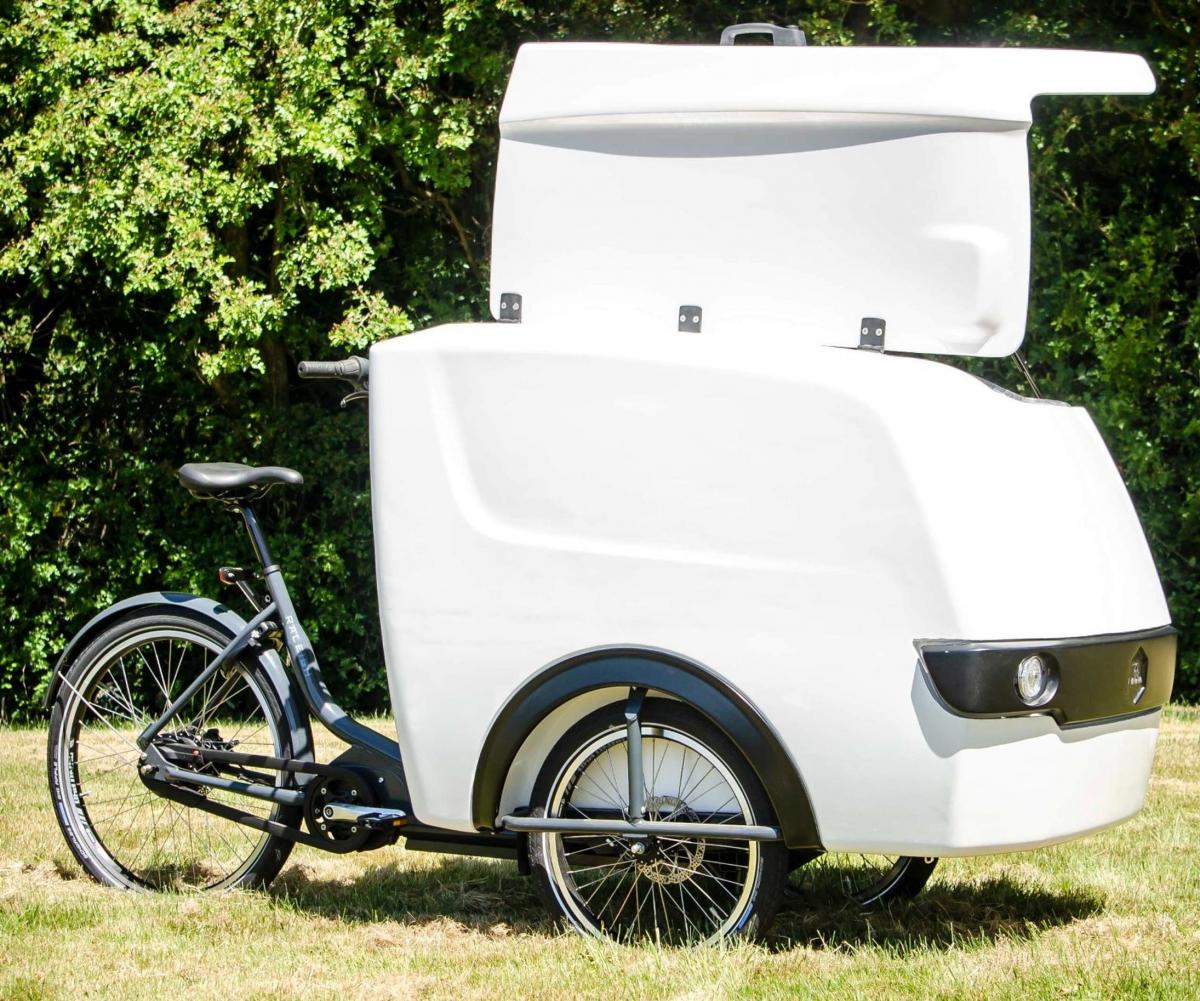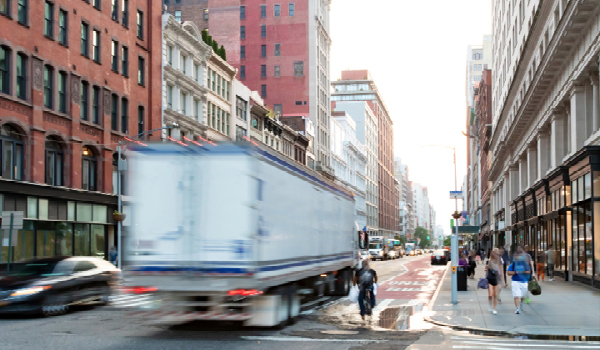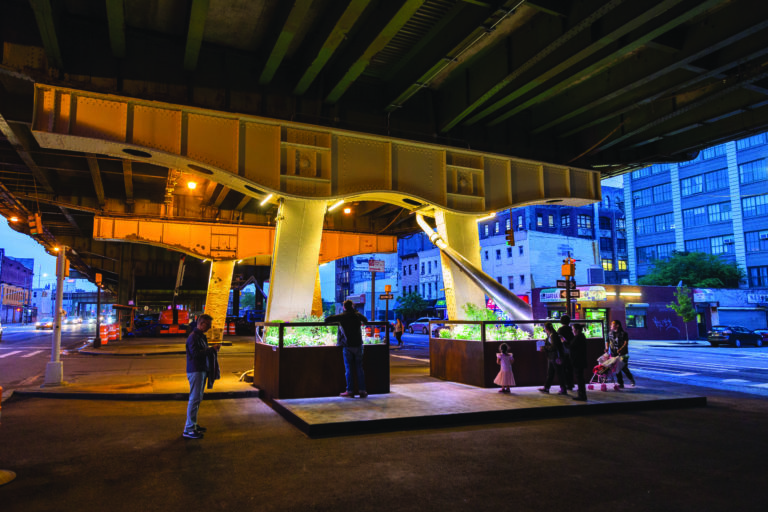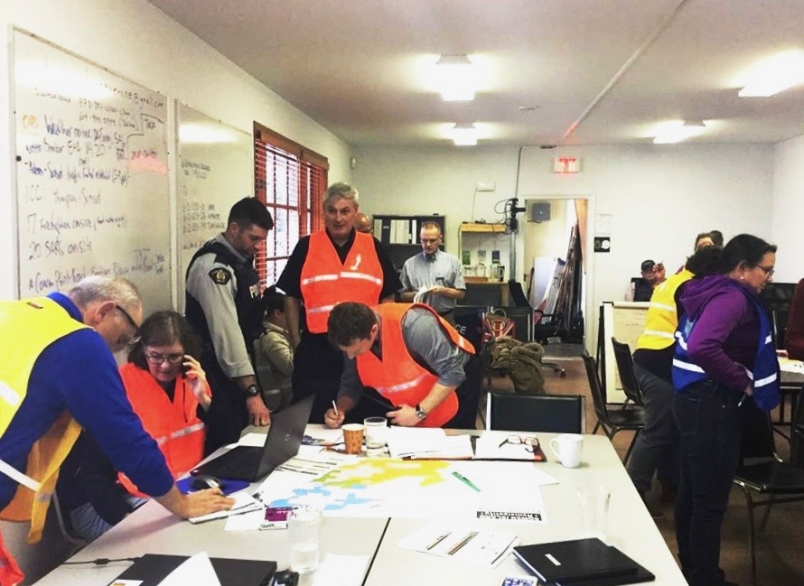In the Media
Now two years into the study, the Urban Freight Lab, which focuses on supply chain and transportation logistics in cities, has something for the public to try out so that researchers can study consumer behavior and package delivery patterns.
When she’s not managing new market expansion initiatives for Amazon, the University of Washington alumna volunteers with K–12 outreach programs, encouraging girls and all young people of color to see themselves as tomorrow’s engineers, doctors, scientists and computer programmers.
“When you and I say ‘intermodal,’ particularly in this e-commerce focused world, that’s not the same thing that intermodal data would be collected to capture,” said Anne Goodchild.
At Seattle’s Municipal Tower, which houses more than 5,000 tenants, Anne Goodchild’s team installed a parcel locker on the first floor. Carriers stored packages in a reserved locker space instead of scouring the building for the right doorstep. The locker reduced delivery dwell times, which originally averaged 30 minutes, by nearly 80%.
September 11, 2020 — The University of Washington’s Urban Freight Lab (UFL) in conjunction with smart locker provider Parcel Pending by Quadient and parking magnate REEF, recently launched an open-network smart locker system in Seattle’s Belltown area, offering the neighborhood free, accessible, safe, contact-free package pick-up.
Belltown residents will have an easier time receiving their packages with the launch of a smart locker system by the University of Washington’s Urban Freight Lab (UFL) in Seattle’s Belltown neighborhood in August.
New research from Anne Goodchild and Giacomo Dalla Chiara found that cruising for parking accounted for a whopping 28% of total delivery vehicle trip time. For the typical driver making 30 trips per tour, that’s 1 hour and 10 minutes of wasted time.
It was at the Urban Freight Lab at the University of Washington that supply chain experts coined the increasingly used term “the last 50 feet of delivery.”
A constant evolution is the best way to consider delivery’s future, thinks Anne Goodchild, the founding director of the University of Washington’s Supply Chain Transportation and Logistics Center.
“A drone can’t really compete with a very full truck making 100 deliveries in a fairly small space,” said Anne Goodchild. “The farther apart those customers are, the less room for consolidation, the more competitive a drone can be.”
A research team led by Giacomo Dalla Chiara from the Department of Civil and Environmental Engineering, University of Washington, has published the results of a study simulating the performance of different operational scenarios for cargo delivery — a truck-only scenario and a cargo-cycle with mobile hubs scenario— under different delivery demand and parking conditions.
The challenges inherent in urban logistics aren’t new. “But they’ve been exacerbated by current trends,” says Anne Goodchild, professor and founding director of the Supply Chain Transportation and Logistics Center at the University of Washington.
The pandemic has led many cities to quickly open up streets to pedestrians.. “The curb is this incredibly flexible space, yet we typically think everything that happens there is permanent,” says Anne Goodchild, who runs the Urban Freight Lab, a program that seeks to understand urban delivery, logistics, and transportation. “This moment gives us an opportunity.”
Dr. Anne Goodchild formed the Urban Freight Lab, a working group of academics, cities and industry leaders, in part to study “the final 50 feet,” a term that describes the last leg of a package’s journey from a delivery truck to the customer. Package theft and failed deliveries are two major concerns, she says.
Bowen Island Municipality (BIM) worked with University of Washington researcher Fiete Krutein to investigate scenarios that could result in an evacuations and the locally available vessels that could help.
